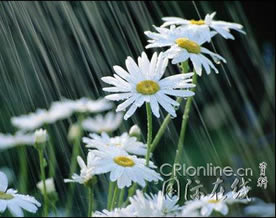Types of Theses.
Never elaborate a baroque excrescence on top of existing but shaky ideas. Go right to the foundations and test the implicit but unexamined assumptions of an important body of work, or lay the foundations for a new research thrust. There are, of course, other types of theses:
1. The classical thesis involves the formulation of a deductive model that makes novel and surprising predictions which you then test objectively and confirm under conditions unfavorable to the hypothesis. Rarely done and highly prized.
2. A critique of the foundations of an important body of research. Again, rare and valuable and a sure winner if properly executed.
3. The purely theoretical thesis. This takes courage, especially in a department loaded with bedrock empiricists, but can be pulled off if you are genuinely good at math and logic.
4. Gather data that someone else can synthesize. This is the worst kind of thesis, but in a pinch it will get you through. To certain kinds of people lots of data, even if they don't test a hypothesis, will always be impressive. At least the results show that you worked hard, a fact with which you can blackmail your committee into giving you the doctorate.
There are really as many kinds of theses as their are graduate students. The four types listed serve as limiting cases of the good, the bad, and the ugly. Doctoral work is a chance for you to try your hand at a number of different research styles and to discover which suites you best: theory, field work, or lab work. Ideally, you will balance all three and become the rare person who can translate the theory for the empiricists and the real world for the theoreticians.
Start Publishing Early.
Don't kid yourself. You may have gotten into this game out of your love for plants and animals, your curiosity about nature, and your drive to know the truth, but you won't be able to get a job and stay in it unless you publish. You need to publish substantial articles in internationally recognized, refereed journals. Without them, you can forget a career in science. This sounds brutal, but there are good reasons for it, and it can be a joyful challenge and fulfillment. Science is shared knowledge. Until the results are effectively communicated, they in effect do not exist. Publishing is part of the job, and until it is done, the work is not complete. You must master the skill of writing clear, concise, well-organized scientific papers
© 2021-现在 好学英文网 软著登记号:2025SR2204462 湘ICP备2022000939号|













